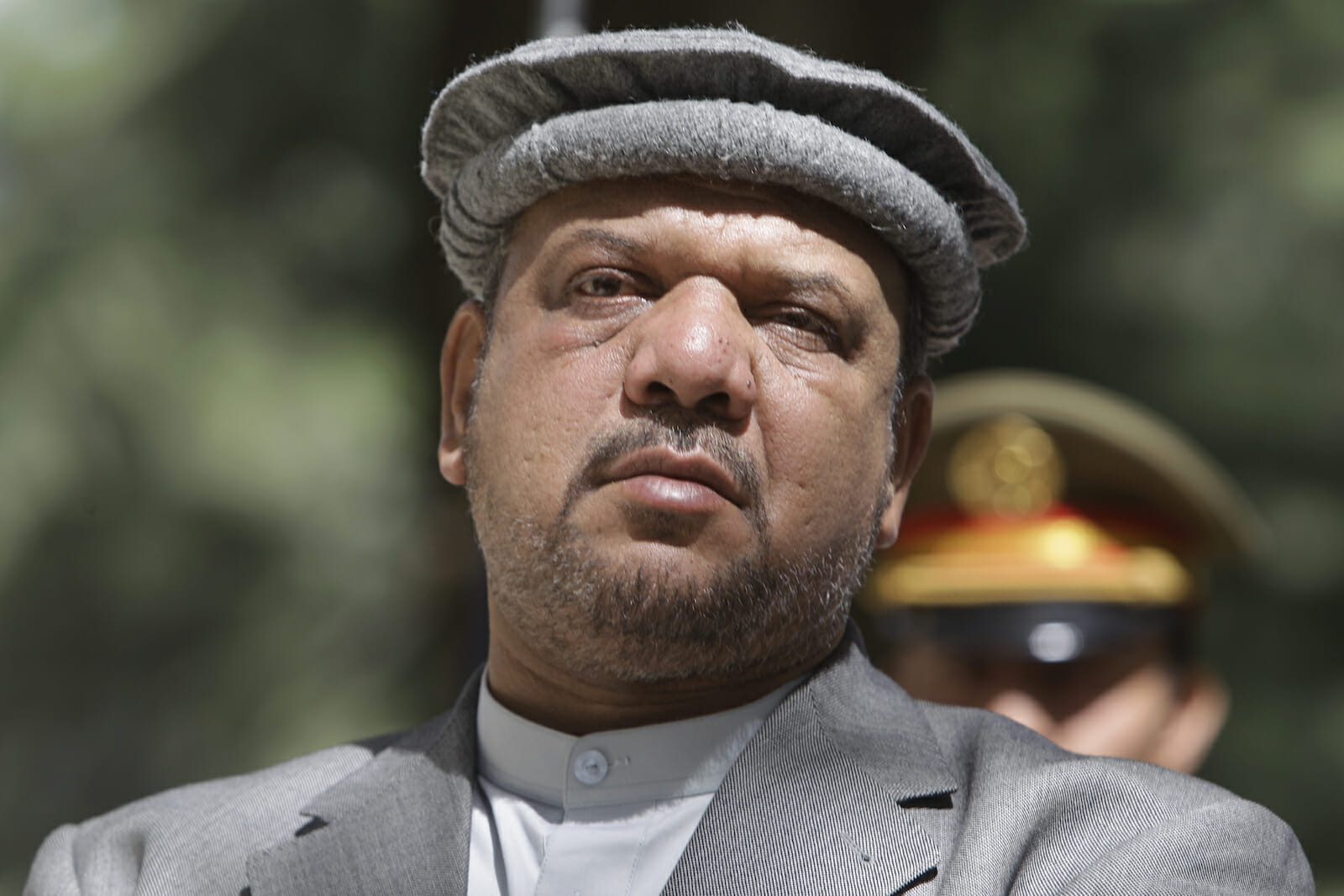
Marshal Fahim’s Death will not Affect Afghan Stability
Afghanistan’s first Vice President Marshal Mohammad Qasim Fahim passed away a few days ago, March 9th, 2014 of natural causes. Reports say that he died of a heart attack. Mr. Fahim was a complex political figure. A native of the Panjshir Valley, he joined the late Commander Ahmad Shah Massoud in the fight against the Soviet Union occupation of Afghanistan in the 1970s. Having established himself as a fierce fighter, he continued his struggle against the Taliban’s presence in Afghanistan in the 1990s as Commander Massoud’s top deputy. After the terrorist attacks of September 11, and with Commander Massoud having been assassinated by al-Qaeda on September 9, 2001, Fahim emerged as a crucial force in helping the United States remove the Taliban from Afghanistan in 2001.
His sudden death has prompted many Afghan leaders and prominent politicians to believe that with Fahim gone, Afghanistan’s instability will intensify. Those writing about the vice president’s passing are too kind to him. Society often looks very kindly upon the dead, regardless of their actions while they were alive. Fahim was a corrupt politician, lacking scruples and integrity.
Afghans are especially remarkable in the way they treat their deceased leaders. Almost everyone hated the former Afghan President Najibullah while he was in power. However, after he was brutally murdered by the Taliban in 1996, people began to not only memorialize him but also write very fondly of his character. Germane to this very issue, Voltaire wrote: “He was a patriot, a humanitarian, a loyal friend – provided, of course, that he really is dead.”
In an op-ed in Al Jazeera, Ahmad Wali Masoud, former Afghan Ambassador to the UK and the younger brother of the late Commander Ahmad Shah Massoud, remembers Fahim in a very positive light. “[H]e was a warm-hearted, generous soul,” Mr. Masoud writes. He goes on to speculate about what Fahim’s demise would mean for the political future of Afghanistan: “How will Fahim’s demise affect the future of the country? There is no doubt that such a prominent figure will leave a void. To run a complex country like Afghanistan, a leader must have both a strong personality and an ability to get the job done. Fahim had a larger-than-life presence in the government, and he looked after the security concerns of Afghanistan. Nevermore than now, since the ousting of the Taliban in 2001, has security been of such paramount importance, as the deadline of the withdrawal of US and NATO troops draws near.”
Mr. Masoud’s views call for a review of the vice president’s political influence on Afghan politics. There is no doubt that Afghanistan’s future is undecided. No one really knows what will happen after the United States pulls its troops out at the end of this year. Therefore, complete uncertainty and fear dominate the political atmosphere of Afghanistan.
However, to say that Fahim’s exit from the political landscape will lead to more instability is to engage in pure fantasy. In fact, part of the reason Afghanistan is mired in such an unstable political situation is because of Fahim and others like him. These warlords’ scramble for power and wealth brought about the Afghan Civil War in the 1990s in which thousands of civilians lost their lives.
The attribution of all political ills in Afghanistan to Fahim and his associates would be unfair. Nevertheless, to say that “Fahim’s death leaves [a] void” in Afghan politics is nonsense. Charles de Gaulle once delivered a loud and clear message to leaders who thought themselves “indispensable”: “The graveyards are full of” them.

